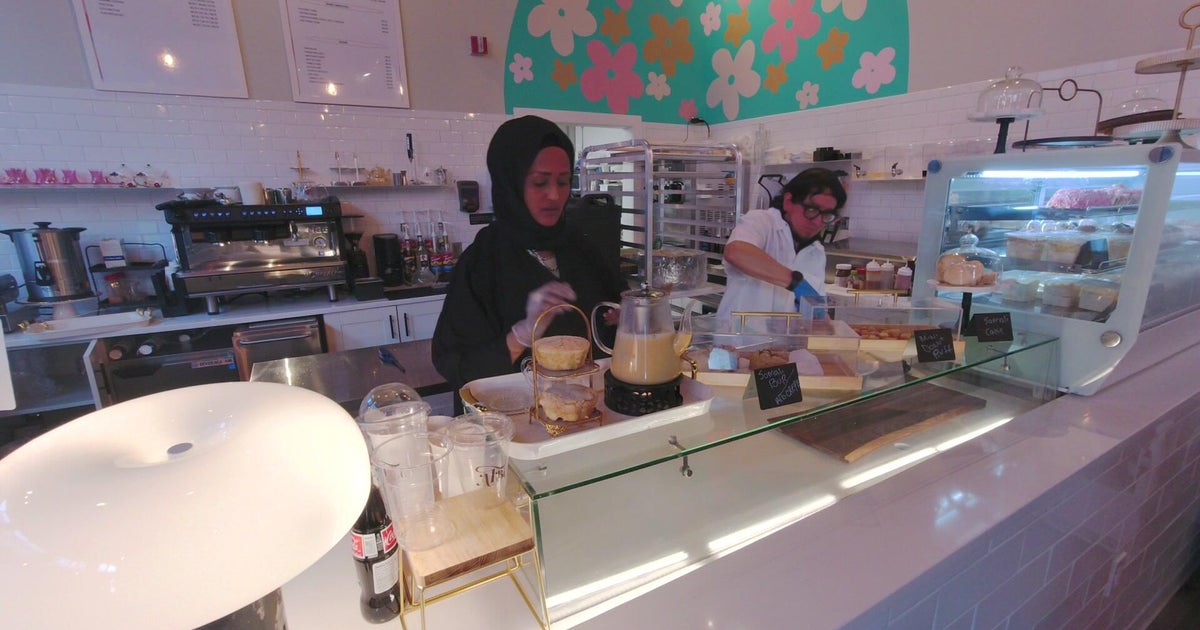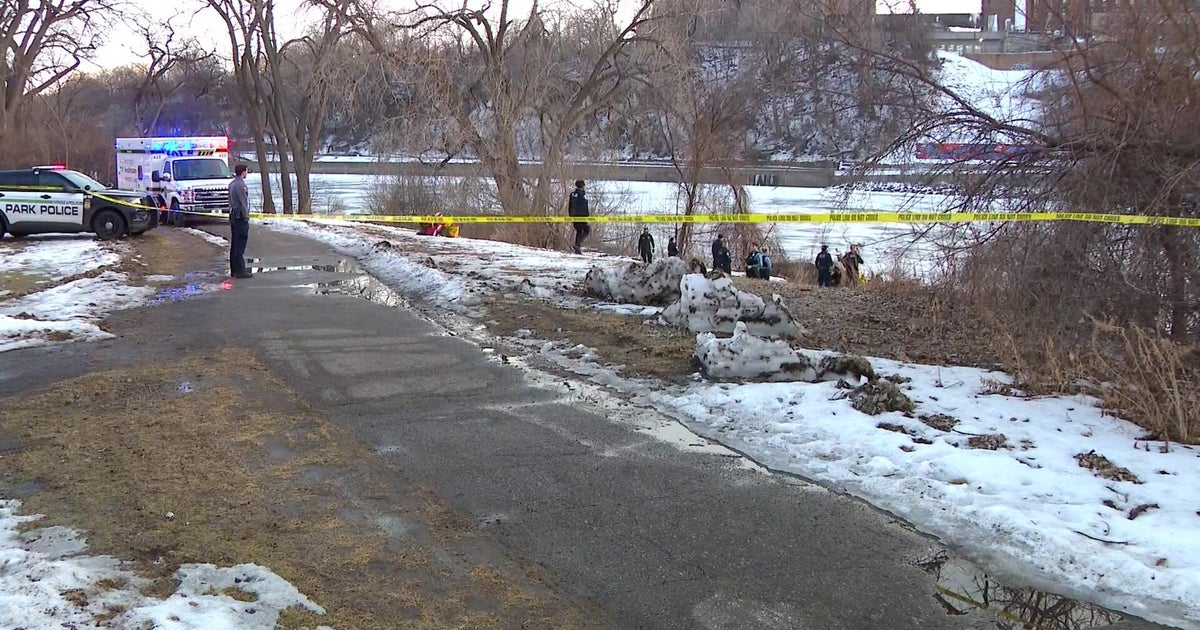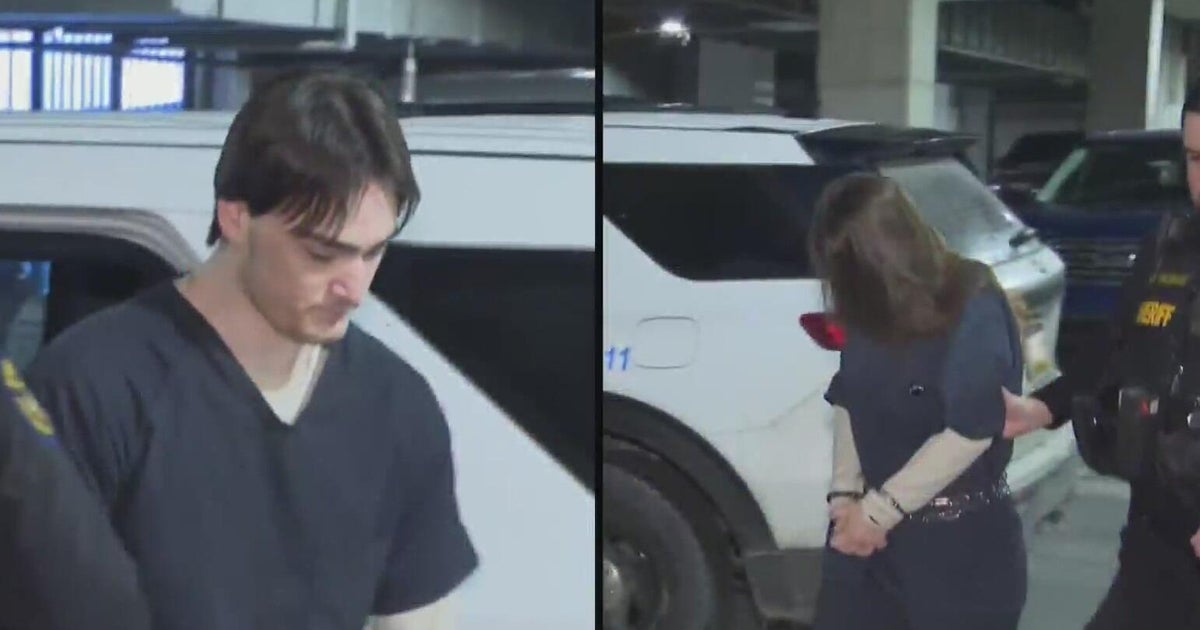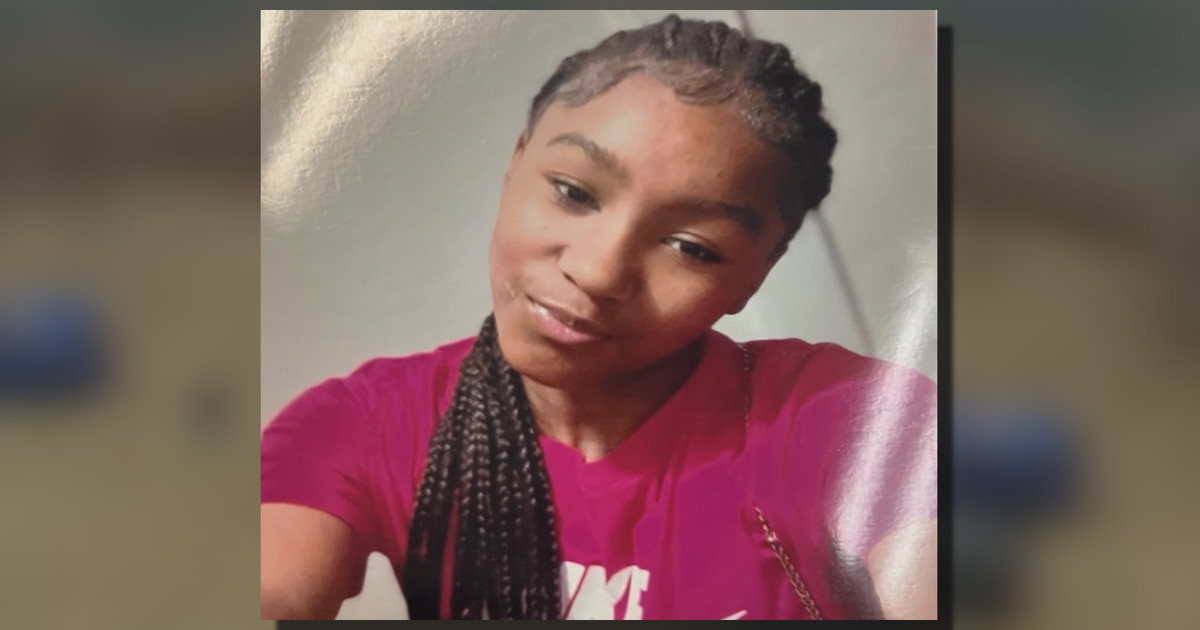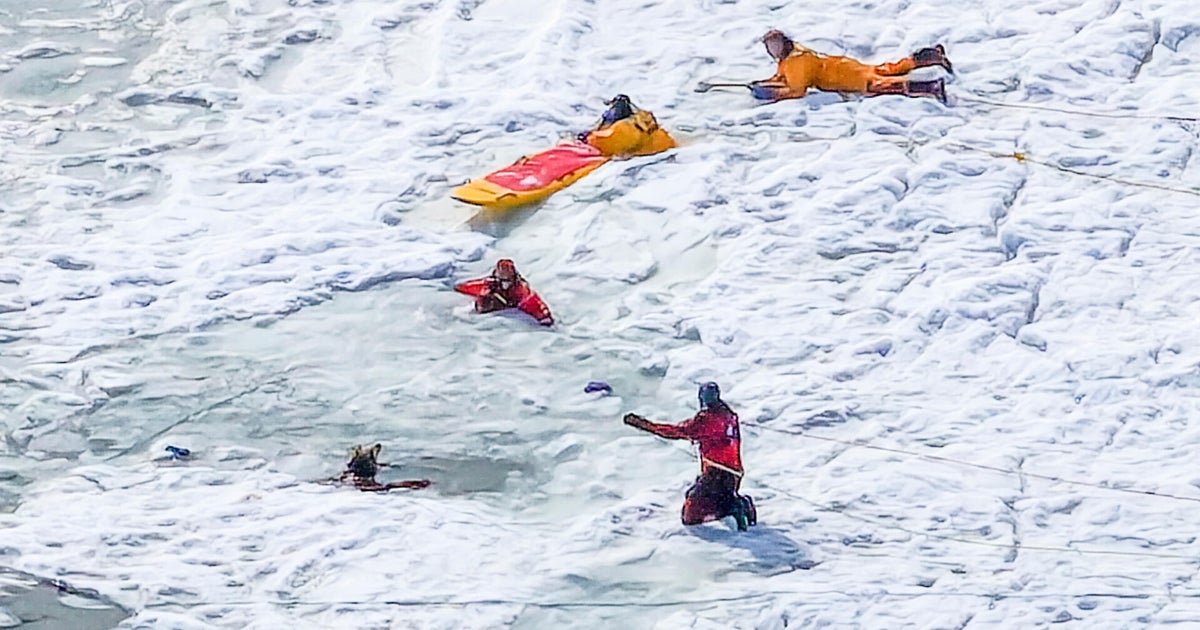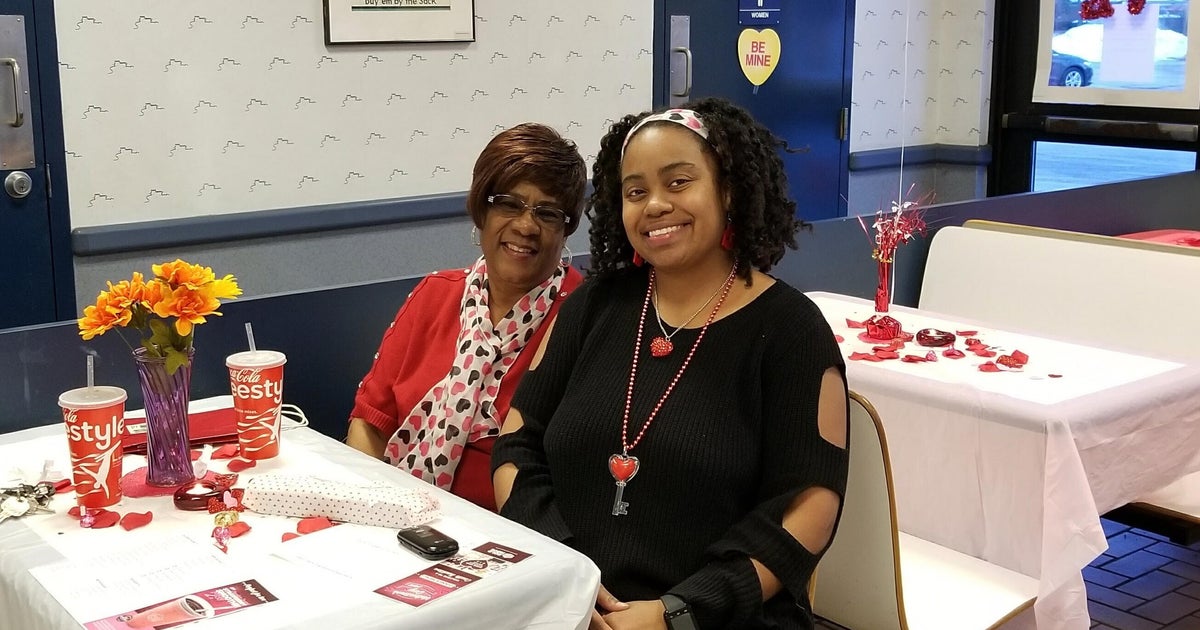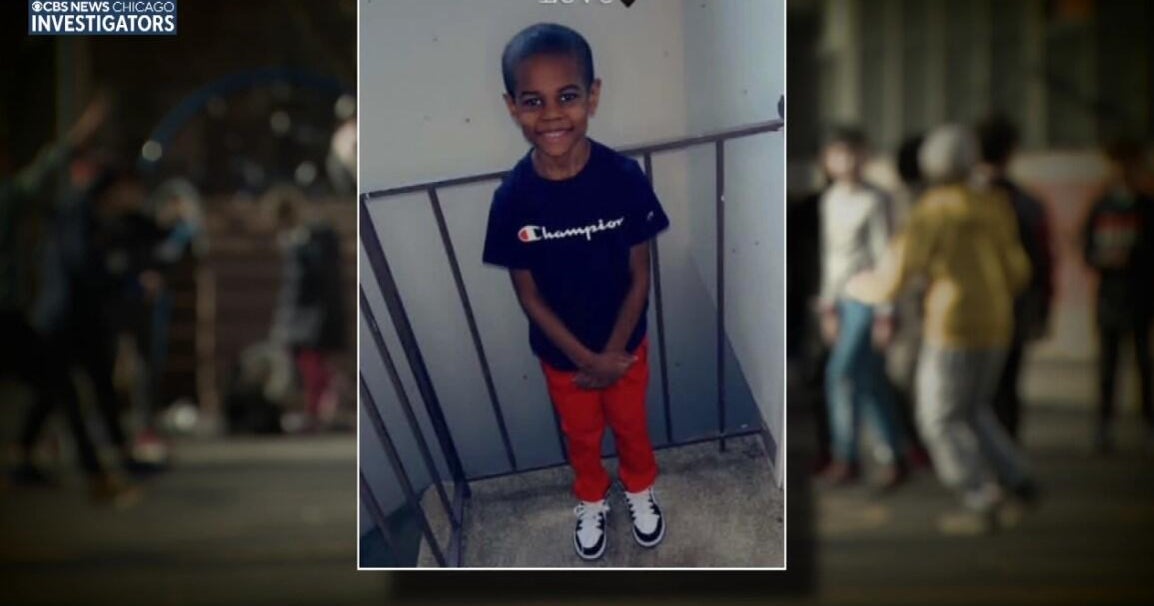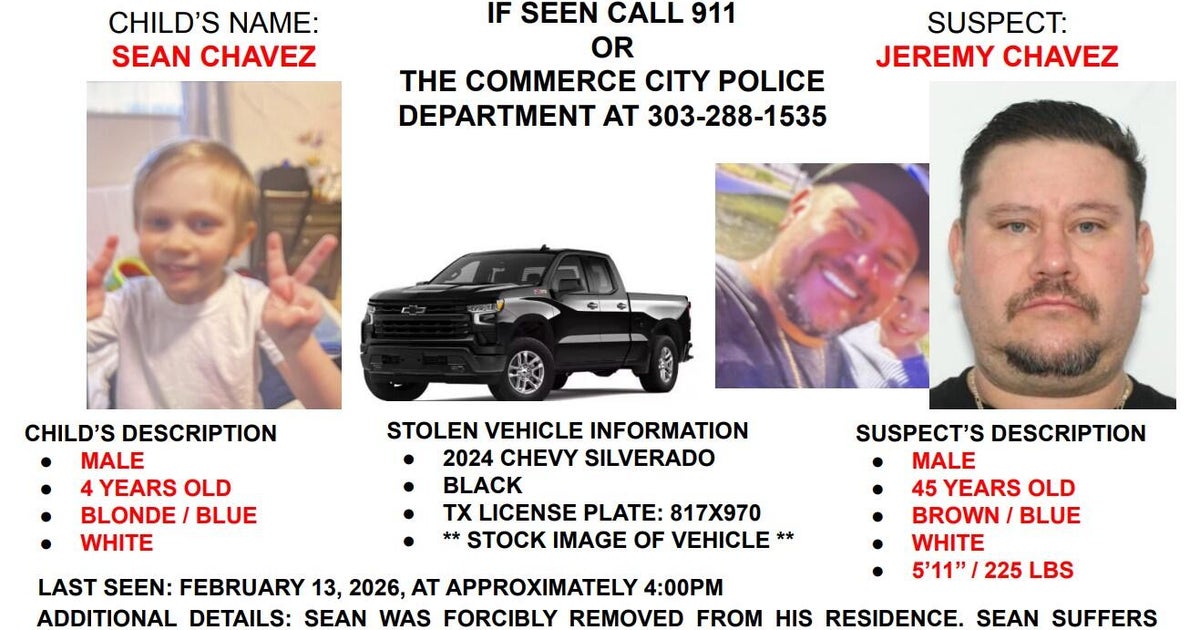Marchers take to Minneapolis streets for missing and murdered Indigenous women
MINNEAPOLIS -- For some, Tuesday's Missing and Murdered Indigenous Relatives (MMIW) event and march in Minneapolis was as helpful as it was hurtful. Helpful in knowing that they aren't alone, but also a painful reminder of the violence committed against the Indigenous population.
"In Indigenous communities, a lot of our young people in particular, a lot of violence happens to them. A lot of the times, they do go missing and it's unsolved," said MMIW's Deanna Standingcloud.
"I've had relatives in my family that have gone missing and have dealt with extreme amounts of violence, and today's an opportunity to bring awareness to that and make sure that our voices as young Native women are heard," said Mishaila Bowman with MIGIZI.
According to the Centers for Disease Control and Prevention, murder is the third leading cause of death for Indigenous women. A separate report from the National Institute of Justice found that more than 84% of Indigenous women have experienced violence.
"I have two daughters and I also have a son, so I think about them when I'm on this March or when I'm educating the public about the serious issue," Standingcloud said. "It's also a public health issue, and just really, I want to secure my future with my children and make sure they're safe."
Tuesday's march was a chance to raise awareness about the issue, while also calling for justice and for answers for missing or murdered loved ones.
"For Native women and Indigenous women and two spirit relatives, our people are never being showed in the news when they go missing. Our stories are often not told," Bowman said. "When they're not being displayed in the news, it's only our own community that's looking for our women. But when our stories do get told, the more people and more folks show up for us."
Family and friends of Alexis Ida Whitehawk-Ruiz gathered at the march, carrying signs with her picture on them. The 20 year old has been missing since November.
"We're trying to make noise for her. She's been missing for about like two months, so it's very important for us to come here and make sure she's heard and seen and a lot of people know about her," said her cousin, Angel Running. "I don't know what to think about it. It's sad. There's no trace of her. It's like you can't even sleep, you're always thinking about her."
According to a report from Minnesota's Department of Public Safety, Indigenous people make up just 1% of the state's population – but 9% of all murdered girls and women in Minnesota from 2010-2019 were American Indian.
"This might be a bigger issue than people are realizing," said Kasey Granroos. "Human and sex trafficking is much bigger issue, much more present issue. It's right around the corner. And people don't think about that."
"Our lives matter and we are experiencing an epidemic and it needs to stop, and it's going to take all of us to work together to make sure that that happens," Bowman said. "Creating a community of care with each other and making sure that none of us go missing. That should be the bottom line."
Last year, Minnesota established the nation's first Missing and Murdered Indigenous Relatives (MMIR) Office. They offer resources to those in tribal, local, state and federal law enforcement to help solve these crimes and bring justice to those missing their loved ones.

